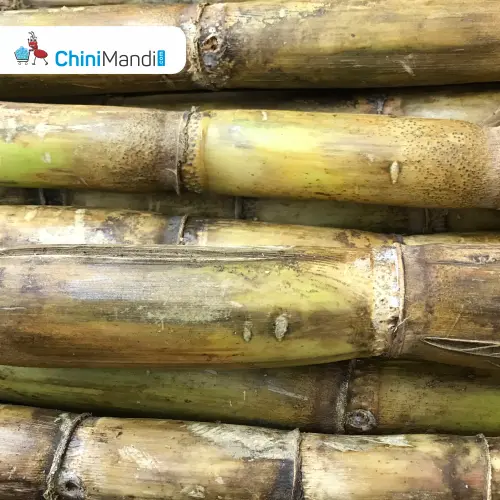Islamabad [Pakistan], March 19 (ANI): Cotton production in Pakistan will be merely 4.78 million bales against the target of nine million bales due to damage by the floods and a decline in the area owing to a slim profit margin in cotton, Business Recorder reported.
This was revealed in a summary of the Ministry of National Food Security and Research (NFSR) which was presented to the Economic Coordination Committee (ECC) of the Cabinet seeking to fix PKR 8,500 per 40kg cotton intervention price (CIP) for the next crop to increase the cotton production by 10 to 15 per cent.
The federal cabinet ratified on Friday the ECC decision of PKR 8,500 per 40kg CIP for the next crop.
The Ministry of the NFSR told the meeting that cotton is a key crop for the economy and has been on a decline after achieving the highest production of 14.1 million bales in 2004-05.
Additionally, the floods of last year badly damaged the standing cotton crop and consequently, cotton production would be mere 4.78 million bales against the target of nine million bales.
It added that farmers in some cotton production have already switched to other crops such as rice, maize, and sugarcane, Business Recorder reported.
The Ministry further stated that to meet the demand of the textile industry, Pakistan has the potential to increase cotton production to 15 million bales in a short period of time if the old cotton area is re-gained; farmers are supported with appropriate technology and they receive a fair and stable price.
Lower cotton production has hampered the textile industry’s growth and increased the import bill of raw cotton, edible oil, and livestock meal, Business Recorder reported.
Over the last five years, the import bill of raw cotton has exceeded PKR 56 billion. Cotton is the most valuable crop with the highest multiplier effect both on the rural economy, as well as, the industrial sector.
The cotton price intervention policy during 2021-22 resulted in price stability in the domestic market and higher investment in crop management producing 2.0 million additional bales despite a seven per cent decline in the area.
Similarly, this policy adopted in 2022-23 also provided price stability in the domestic market but the unprecedented floods of 2022 significantly damaged the standing crop, Business Recorder reported.
Ministry NFSR held three rounds of consultations with all stakeholders including provincial governments, growers and cotton–related associations to prepare this year’s CIP proposal. However, the growers proposed a CIP of PKR 7,000-8,000/40kg.
Since the last consultation on 10-02-2023, the cost of inputs has further increased. The revised estimated average cost of production is now approximately PKR 7,000/40kg. Stakeholders, including the All Pakistan Textile Mills Association, supported the CIP pegged with import parity price in line with the policy of the last two years, Business Recorder reported.
In the meeting convened in the Prime Minister’s Office on 13-3-2023, it was decided to submit a summary to the ECC for CIP at PKR 8,500/40kg.
Announcement of CIP at this time–ahead of the main sowing season, March to May–will help growers decide about the area and investment in crop management. The proposed CIP is expected to enhance yield and area by 10-15 per cent.
The meeting was further informed that the Ministry of NFSR has proposed to fix the cotton intervention price at PKR 8,500/40kg to revive cotton production, bring about stability in the domestic cotton market, and assure a fair return to the farmers; constitute a Cotton Price Review Committee (CPRC) with a mandate to review market prices and propose intervention at fortnightly basis, Business Recorder reported.
The Ministry also proposed that provinces or Trading Corporation of Pakistan (TCP) procure a million bales of cotton lint from pre-selected ginning factories based, advise TCP or Provinces when to sell procured bales by assessing the local and international markets.
Regularly monitor the cotton prices in the main domestic markets of Punjab and Sindh, as well as those in the international markets and issue a brief price report at weekly intervals.
When domestic prices of the cotton drop below this threshold of PKR 8,500/40 kg, trigger the intervention price of seed-cotton at a 10 per cent discount of the estimated import parity price; present a monthly report of the activities to ECC within five working days of the end of each calendar month; and this intervention price policy will terminate on 31 December 2023. (ANI)











